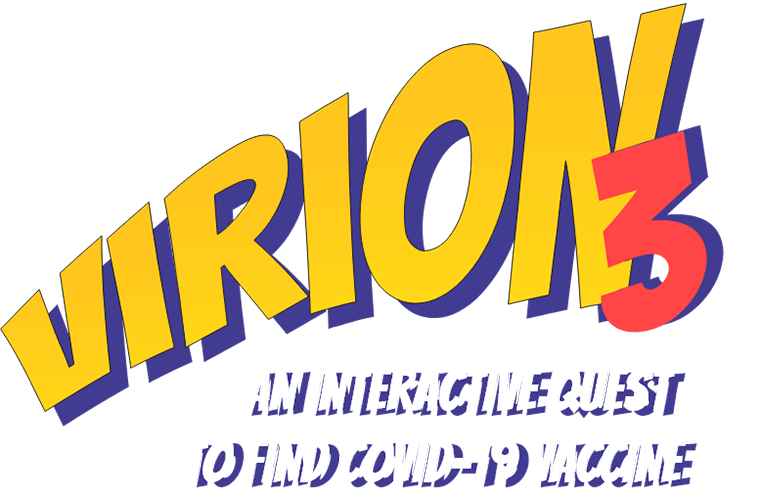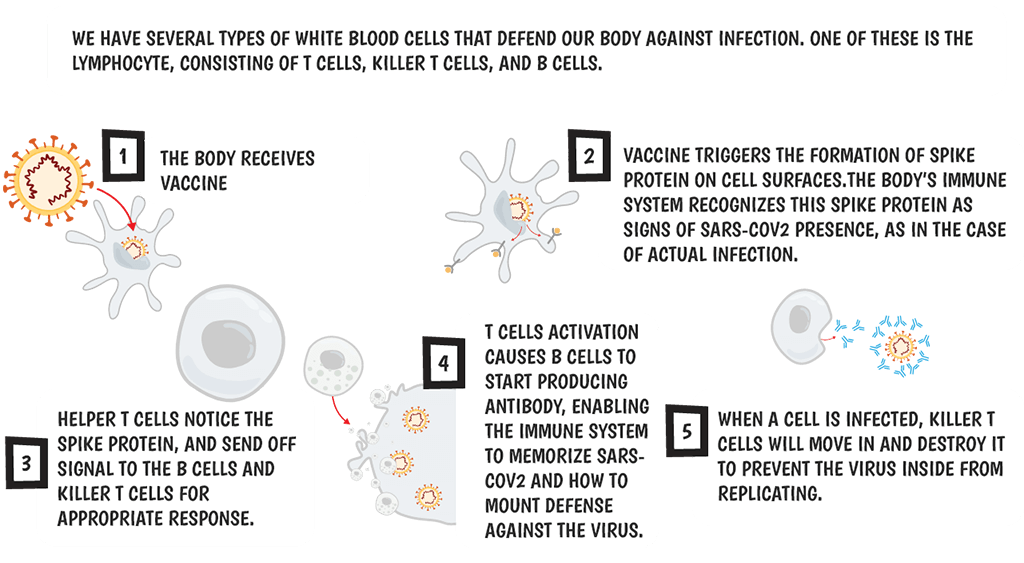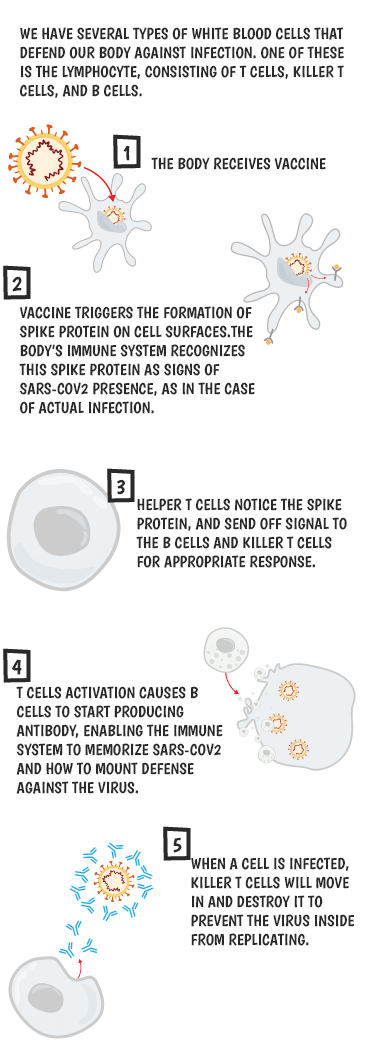As reflected in Kompas.com's Google Analytics data, there now are fewer people accessing
coronavirus-related news compared to previous months. Readers are returning to entertainment
news. The SARS-CoV2 reports they do read mostly talk about political drama than substance.
Similar trend is also happening outside of Indonesia. Around 30 percent of readers are back to
accessing sports and celebrity news, according to April 2020 data from the Global Web Index
surveying some 3.000 American and British respondents.
The same research also shows that, of those coming from the Gen-Z demographic, only 29 percent
stated that they consider online news outlets trustworthy. Their trust in science publications and
traditional press media like newspapers is even lower, with only 27 percent and 11 percent
respectively. They spend more time accessing videos, games, and social media like TikTok.
Journalism needs to reach out to a wider public. One means to achieve this goal is the newsgame,
which was first conceived in the early 2000s. In his book, Newsgame: Journalism at Play, academic
and video game designer Ian Bogost describes newsgame as a combination between journalism and
games. Readers not only passively receive the message, but also actively explore the game through
which the message is delivered.
Due to resource limitations of many news organizations, newsgames are not as complex and
sophisticated game as, say, PlayerUnknown's Battlegrounds (PUBG). It is sometimes referred to as
news gamification because of this, or, in other words, simply an effort to incorporate elements of
gaming into journalism. Prior to 2010, newsgames were often developed using the infamous Adobe
Flash. Later on, they shifted to HTML5, adopting the "choose your own adventure" game genre.
This gamification project represents Kompas.com's attempt to address the fatigued public in a
lighter, more interesting way, also to communicate one complex issue related to the Covid-19
pandemic: vaccines. We are also exploring the possibility to further develop this format as a story
telling platform for other complex issues, from food security to hard science such as important
physics discoveries.
We decided on the choose your own adventure genre. It has been used across various fields and
industry, from Netflix's Black Mirror: Bandersnatch show, Agate's Dilan game, to Wattpad's
interactive stories. This genre is proven capable of telling about conflict, confusion, and frustration.
You can provide feedback by filling a survey form here.
Being a product of journalism, newsgame must adhere to its principles. It has to be accurate and
grounded on facts. Therefore, we based our script on interviews with researchers, doctors, and
academics. Then we present it in a way that we feel could depict the complex process behind
vaccine development, which the public is often unaware of.
The experts we interviewed are:
Profesor Herawati Sudoyo of Eijkman Institute for Molecular Biology
Independent molecular biology researcher, Ahmad Utomo PhD
Ines Atmosukarto PhD, CEO of Lipotek vaccine startup company, Australia
Doctor and vaccinologist dr. Dirga Sakti Rambe MSc SpPD of Omni Pulomas Hospital
Satria Arief Prabowo PhD, Research Fellow in the London School of Hygiene and Tropical Medicine
We also owe our gratitude to these members of younger generation of researches who helped us in
connecting to the experts and helped us understand the complex scientific materials. They are,
among others:
Rama Dhenni, researcher from the Eijkman Institute for Molecular Biology who is currently pursuing
his doctoral study in immunology in Australia.
Febrina Meutia, former researcher from the Eijkman Institute for Molecular Biology who is now
undergoing doctoral study in virology in the Netherlands.
Akbar Adjie Pratama, a doctoral student in Ohio State University who is studying the biodiversity of
viruses.
Teddy Wardhana PhD, a veterinary expert in the Agriculture Ministry's Research and Development
Unit.
Does this kind of content qualify as a product of journalism? Newsgame has often become a subject
of debate in its nascent history.
BBC's Syrian Journey: Choose Your Own Escape Route was criticized because of its alleged
exploitation of the story of Syrian migrants.
Meanwhile, despite managing to attract the attention of many communication experts, Al Jazeera's
Pirate Fishing was less successful in attaining its original objective of communicating the issue in
fishery to the wider public.
Financial Times' The Uber Game is perhaps among the more successful ones. It received praise for its
highly interactive presentation of data journalism. They didn't just display spreadsheet in slides,
but
instead packaged their data in a popular and likeable way that appealed to the public.
If you happen to be a communication or journalism researcher, you can send your feedback to us.
We hope something good will come out of this initiative.
Yunanto Wiji Utomo

 Click on the
Click on the 







